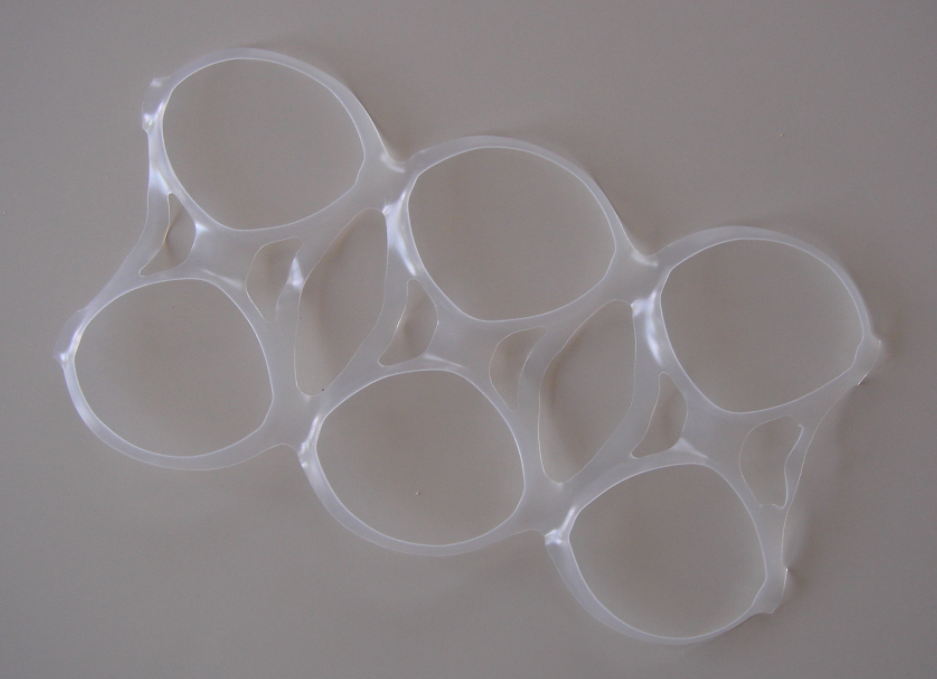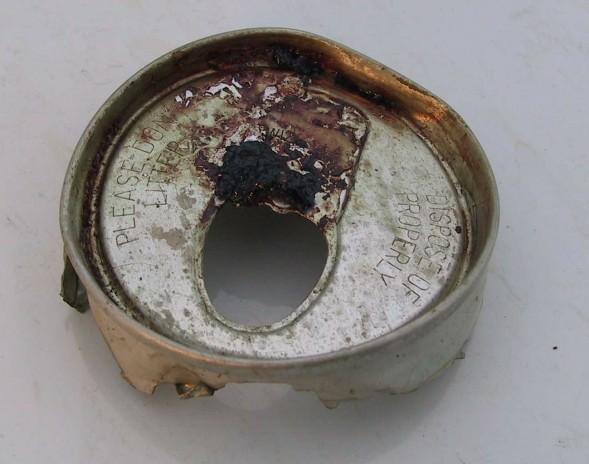5. Recycle plastic six-pack rings, aluminum cans, and plastic bags.

Occasionally, plastic six-pack rings from beer and soda cans ensnare or entangle birds at landfills and other places. Once, while birding along the Rio Grande in Texas, I spotted an Anhinga in the river with a plastic six-pack ring in a chokehold around its throat. The bird looked sick and distressed; its throat, swollen above the ring, was probably filled with decaying fish that the bird had caught but couldn’t swallow and couldn’t get out. The poor creature was swimming too far out for me to even try to catch it, and no one in the group knew where to find a rehabber.
It’s unlikely that a person dropped the six-pack ring at the river. Someone probably removed it from a six-pack at home and threw it in the wastebasket. After the garbage reached the landfill, it became lethal. Perhaps a crow looking for nesting material carried it off and dropped it; perhaps the wind blew it into the water. But somehow the Anhinga thrust its narrow beak and head into it and couldn’t get it out again. I also saw a Ring-billed Gull with a six-pack ring stuck around its neck at a Wisconsin landfill. Even if you properly recycle one of these, the recycler may end up sending it to a landfill. Try to always cut these into pieces before recycling.
Metal rings and lids from cans can also be picked up by birds, harming them. In April 2004, a yearling Whooping Crane from the Whooping Crane Eastern Partnership’s reintroduction program was almost killed when it inserted its bill into the ragged top of an aluminum can that cut into its lower mandible; luckily, its blood-clotted wounds appeared clean when the can was removed. Ironically, the can clearly bore the words, “Dispose of properly.” It’s unlikely that this fate befalls many birds, but even a single Whooping Crane hurt in this senseless way is one too many. Aluminum cans should always be crushed and recycled.

Plastic grocery bags can also harm birds. The “Save Our Seabirds” Website has a photo of a Brown Pelican trapped in a plastic bag. Again, the best way to dispose of these is to recycle them. It’s not a bad idea to tie plastic bags in knots before recycling. That way, if they do end up getting blown out of a recycling bin, they won’t billow up and pose a danger.
Although the cases we see are dramatic and distressing, the problems associated with six-pack rings, pop-top aluminum rings, and plastic bags are fairly insignificant compared with other issues. But why risk hurting even one bird when the solution is so simple?
From 101 Ways to Help Birds, published by Stackpole in 2006. Please consider buying the book to show that there is a market for bird conservation books. (Photos, links, and updated information at the end of some entries are not from the book.)